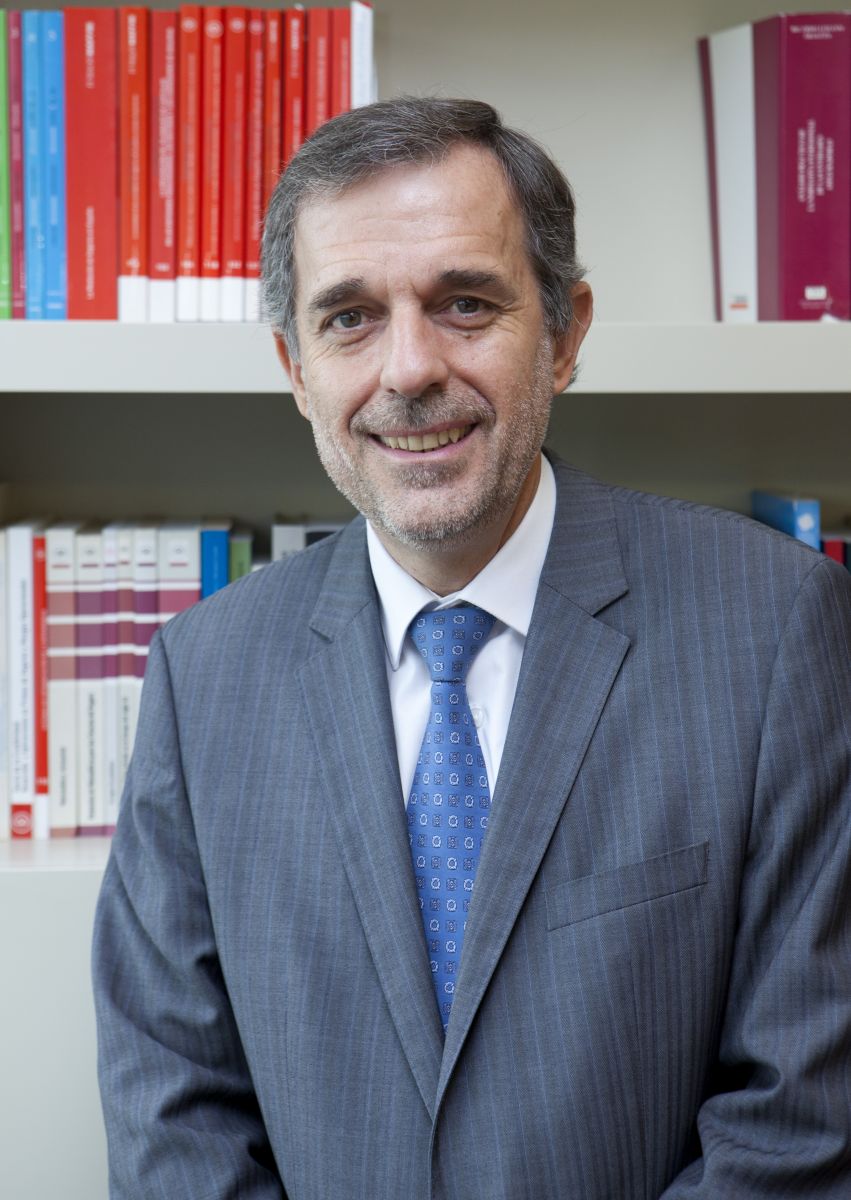Actividades
Fernández Palacios “There is increasing pessimism and uncertainty among older people about their economic situation”

The Ageingnomics Research Centre's president, Juan Fernández Palacios, explains how the III Senior Consumer Barometer confirms several trends in the elderly.
"This is a generation with high purchasing power, who still intend to live at home for many years, who hardly go to the doctor and who are increasingly digital".
Fundación MAPFRE presented the III Senior Consumer Barometer, with the participation of Juan Fernández Palacios, director of the Ageingnomics Research Centre; Iñaki Ortega, co-director of the report, and José M. Pérez Sastre, director of Insurance at Google Spain.
Question: What is the economic situation of the elderly like?
Juan Fernández Palacios: In the current context, more than half of the senior population (55%) is insecure about their economic situation, a particularly high percentage among seniors aged 55-60 (64%) and the active classes (61%). The report also highlights that the current price of energy and the price of food and non-alcoholic beverages represent a risk to their lifestyle (74% and 55%, respectively), and that over the last three years there has been a decline in the percentage of seniors saving at the end of the month, from 56% in 2020, to 48% in 2021 and 43% in 2022. The main reasons for saving include being prepared for possible financial contingencies (30%).
Q: What is the evolution of mortgages and loans in this sector of the population?
JFP: The percentage of the senior population with a mortgage or loan burden remains stable. According to the report, one in four (25%) currently pay a loan and/or mortgage and in two out of three cases (64%) their payment is less than 30% of their income. With regard to the insurance policies that these people take out, the percentage is still very high at 96% (two points less than in 2021) and the most taken out policy is still home insurance (82%), followed by car insurance (73%) and death insurance (56%). Likewise, the subscription of pension plans fell. One in five seniors (19%) have taken out this product, a lower percentage than in 2020 and 2021 (24%).
Q: What habits do they follow to take care of their health?
JFP: The senior population takes care of their health, mainly through diet (72%), medical check-ups (61%), physical exercise (56%), avoiding excessive consumption of alcohol and tobacco (51%) and getting enough sleep (51%), among others. The report also points out that the older people get, the more frequently they visit a health centre, and that only 23% make frequent visits (at least once a month) to a health centre, a percentage that has increased with respect to 2020 and 2021. It also highlights that users over the age of 55 are 3% more likely to be interested in healthy lifestyle habits; that seniors use the internet 23% more than younger people; and that 80% regularly use a telecare system at home.
Q: Are today's seniors more interested in new technologies?
JFP: The number of older people active on the internet has almost doubled since 2017, according to data provided by Google Spain, which confirms that the pandemic, as in other areas, has been a spur to their digitalisation. According to this entity in this third barometer, the number of seniors stands at 11 million, two million more seniors since 2020. This group uses technology frequently, mainly to read the press (43%), make queries and banking transactions (37%), watch online content on multimedia platforms (36%), listen to the radio (28%) and publish content on social networks (19%). According to Google, people over 55 are more likely to be up-to-date with the latest news than all other age groups.
Q: How have travel preferences evolved?
JFP: Although the outlook for leisure and tourism travel is lower than in 2021, the majority of the Spanish senior population (72%) plan to travel for leisure or tourism over the next year, especially to destinations outside their region but within Spain (53%). The most frequent travellers almost always stay in a hotel (57%), have higher education (82%) and live in towns with more than 200,000 inhabitants (78%). The main barrier they encounter when undertaking a leisure and tourism trip is price (56%). The report also highlights this group's concern for sustainability and notes that seniors are almost 60% more aware of green living and strive to make environmentally friendly choices.

